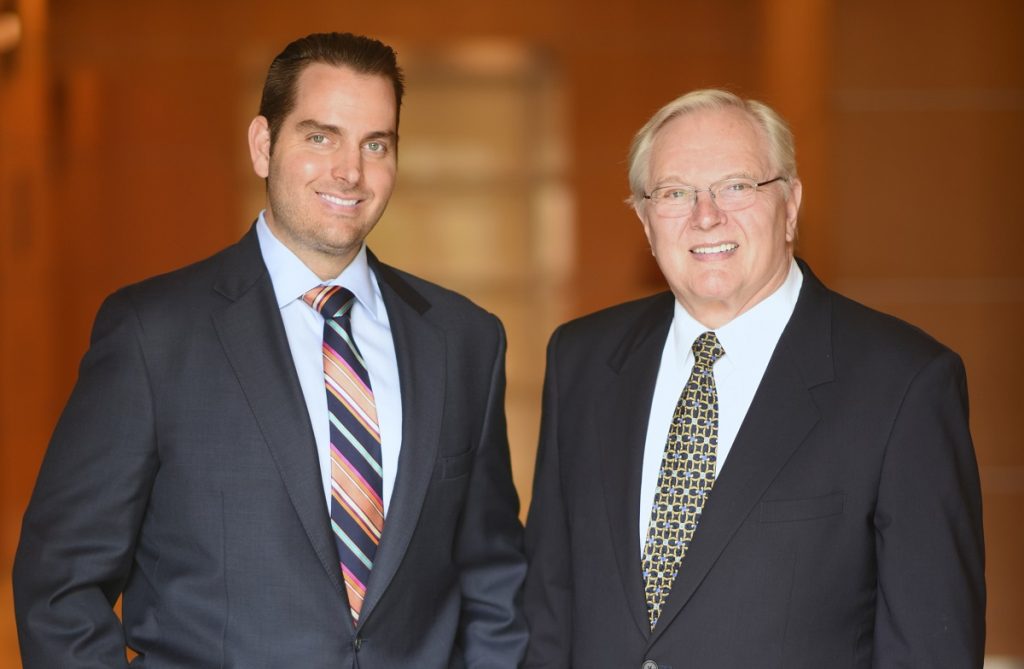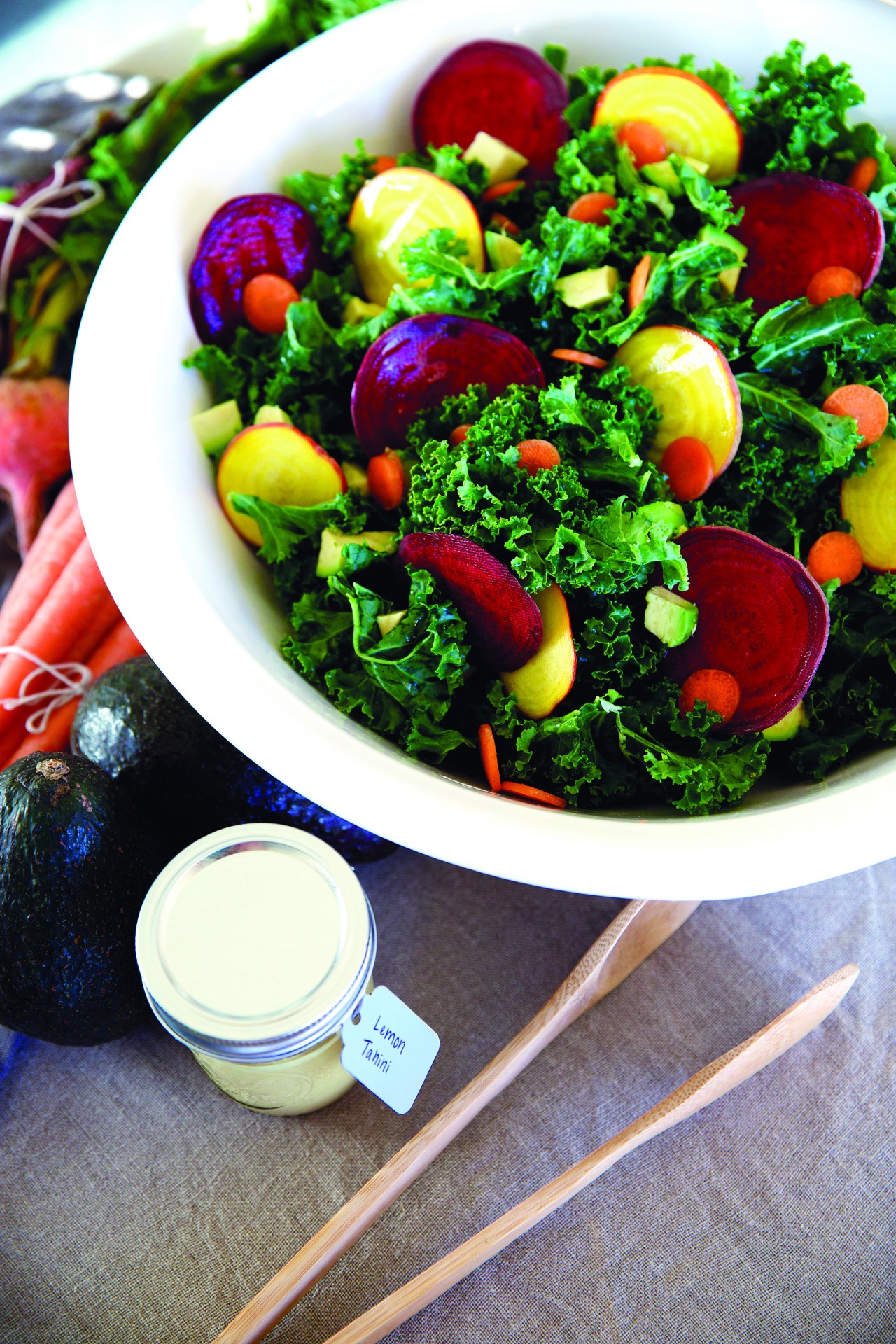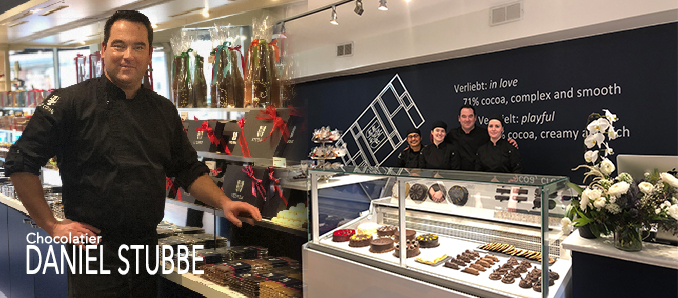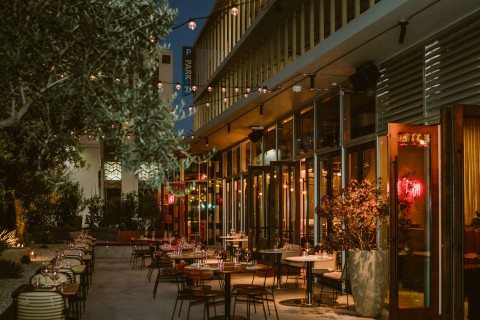This year, as Coast Packing Company celebrates 100 years in business, it remains the West Coast’s number one supplier of animal fat shortenings lard and beef tallow.
For generations, Coast Packing has been an integral part of the restaurant, baking, and food industries. Founded in 1922 as a livestock, meat packing and processing business, Coast has become a food industry leader.
100 Years of Delicious Taste
That leadership position represents the work of four generations of Rieders and Gustafsons, from Coast founder Anton Rieder through current CEO Eric R. Gustafson and his father (Ronald R. Gustafson), who died in 2021. Over the years, Coast has modified its business model but never deviated from its commitment to doing business sealed by a handshake. According to Eric Gustafson, his great grandfather was fond of saying, “sometimes it is better to be lucky than good.” Gustafson attributes the company’s longevity and success to a combination of patience and persistence, maintaining core values of honesty, integrity, respect, and treating everyone—customers, suppliers, and staff—exceptionally well, and a little bit of luck.
In fact, Coast Packing is the last company on the West Coast to survive and thrive as a producer of animal fat shortenings sold nationally and internationally.
The history of the Rieder/Gustafson families mirrors the events of the past century, presenting a snapshot of the American dream while epitomizing big changes in the ways we prepare and consume food.
Rieder immigrated from Austria to the United States on Feb. 29, 1908—leap day in a leap year. Arriving at Ellis Island, he traveled by train to Chicago to reunite with his brother Fritz, who worked as a meat cutter in the South Chicago stockyards. Rieder had been a butcher’s apprentice in Austria but understood his two older brothers would run the family farm.
“My great grandfather knew that America was the land of opportunity, so he left his home to come here,” Gustafson explains. “I believe it is still the land of opportunity for anyone willing to work.”
Living in an ethnic neighborhood in Chicago, Rieder realized that he needed to leave the city to learn English and stake his own claim.
Answering an ad to work as a farmhand in Oelwein, Iowa, he found, to his chagrin, that everyone there spoke only German. He befriended Richard “Dick” Oelwein, and the two decided to work together. In 1915, they moved to Pocatello, Idaho. The Union Pacific Railroad was constructing a vast servicing yard to connect with the Pacific Northwest. Anticipating population growth, they opened the first of their butcher shops before selling everything in 1919 to move to Los Angeles. In 1922, they entered into a partnership and leased a building from a fellow Austrian, that still houses Coast’s operations today. With Oelwein’s unexpected passing in 1934, Rieder purchased the remaining shares from Oelwein’s estate.
As the Depression gave way to the New Deal, the National Industrial Recovery Act fortified the business of agriculture, underwritten by the investment boom that WWII triggered. The federal government approached Rieder to become one of the integral suppliers to feed the military fighting in the Pacific Islands. At the time, Coast, a California state- inspected facility, was given 25 years to meet USDA compliance and help with the war effort. During that crucial period, the federal government took notice of the company. In one unconfirmed story, as Eric was told, the State Department reached out to Rieder, an Austrian, to welcome famed V2 rocket scientist Wernher von Braun to the United States.
In 1935, Rieder, along with his wife Rose, became sole owners of Coast, incorporating in 1937 and managing the business until 1962.
“Anton Rieder enjoyed the challenges of building his many businesses while raising a family,” Gustafson says. “He passed on all of his wisdom to the next generation, especially to my father, who was very close to him as the firstborn grandchild.”
It was 60 years ago that Coast decided to exit the abattoir, or slaughterhouse, business. At the time, Gustafson says, competition and capacity exceeded consumption. “Rieder had to decide to either invest more money in a business that was no longer profitable or walk away. There was a generation gap, with no family members ready to continue the business. My father was only 19, and while he wanted to enter the business, he was still in college.” It was time to transition into another facet of the meat industry.
“We had the equipment to render fat and produce lard and tallow for baking, cooking, and frying,” he says. Opportunity met demand: the remaining meat packers needed an outlet for their edible pork and beef fat, which enabled Coast to pivot within in the growing Southern California marketplace and essentially reinvent itself.
Today, Coast sells to major manufacturers, CPG companies, QSR and fast-food restaurant chains, broadline food service distributors, retailers, smaller food service operations, and leading bakeries. The company participates actively in diverse ethnic markets from Hispanic retail chains, with its VIVA® brand, to various Asian specialty markets. Supplier and customer relationships are multigenerational, some extending back 50 years or longer.
In recent years, the role of animal fats in the American diet has changed profoundly. Foodies and home cooks alike have begun to think in terms of not wasting anything, of using the animal nose to tail. That said, old notions and misconceptions die hard. A number of competing interests, including the well-funded sugar industry, in a decades-long disinformation campaign, have erroneously cited animal fats for health issues ranging from obesity to heart disease.
Read Also: Club Med Goes Plant-Friendly with Vegan Chef Chloe Coscarelli – Food & Beverage Magazine
“Fat is the soul of flavor and, in a real sense, is what people love about good food,” Gustafson says. “As the fourth generation leader, we continue to reinvest in the company for future growth to serve the food industry and other industries that want to buy our products. We will continuously improve and stay true to our core values to keep building this great business. We are very fortunate and blessed to have great customers and suppliers, present and future, as part of our extended family. We couldn’t do this without them, our employees and families, and the best is yet to come,” says Gustafson. “The next 100 years will be even more exciting.”
For more information about Coast Packing Company, visit coastpacking.com. Follow on Facebook @ coastpackingco, Twitter @ coastpackingco, and Pinterest coastpackingco.








